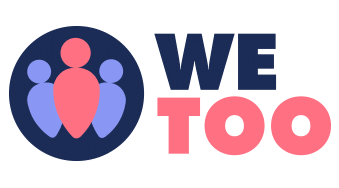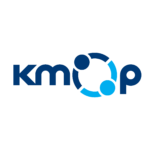Sexual and gender-based violence (SGBV) refers to any act that is perpetrated against a person’s will and is based on gender norms and unequal power relationships. SGBV inflicts harm on women, girls, men, and boys and is a severe violation of human rights.The consequences of gender-based violence are devastating and can have life-long repercussions for survivors including several women’s mental health problems.
SGVB in Figures
of women worldwide have experienced either physical and/or sexual intimate partner violence or non-partner sexual violence in their lifetime.
of murders of women are committed by a male intimate partner.

Special needs exist for migrant and refugee women who as highly vulnerable group face in average a 30% higher risk of becoming victim of SGBV.
The WeToo project
The WeToo project aims to enable frontline workers to better manage the stress generated by working with SGBV cases and better establish trust relationships with SGBV victims and survivors. The project will also support women survivors and victims of SGBV on their trauma recovery.

How will WeToo succeed?

By developing hands-on tools and training programs
to assess frontline workers’ stress and to identify mental health distress affecting SGBV victims and survivors

By delivering empowering and psycho-social counselling guidelines and activities
in order to facilitate local and migrant women to recover from trauma and distress

By promoting working environments more attentive to its frontline workers’ needs
in terms of mental health.
Project partners






